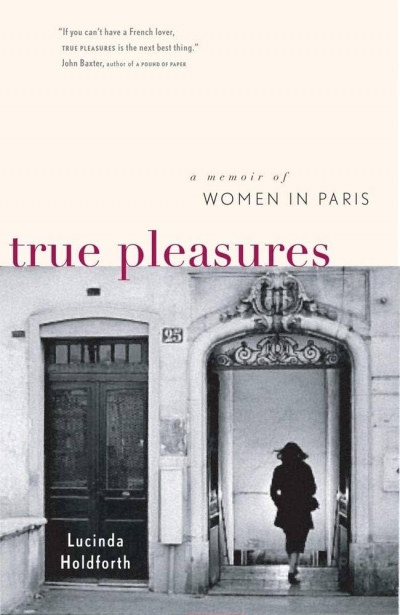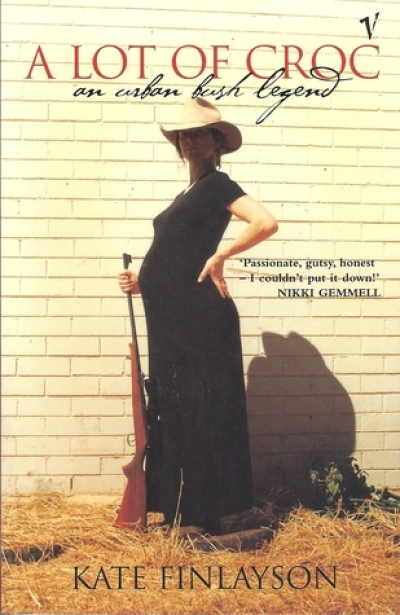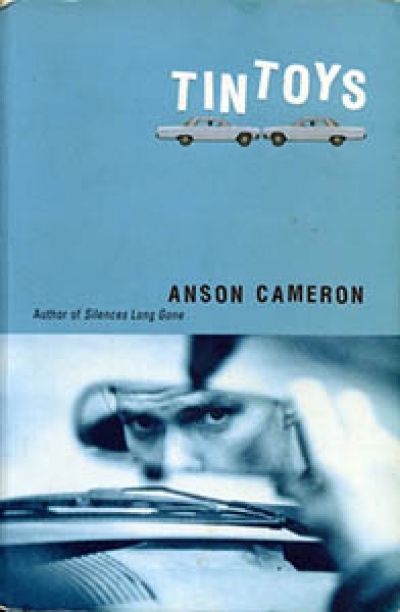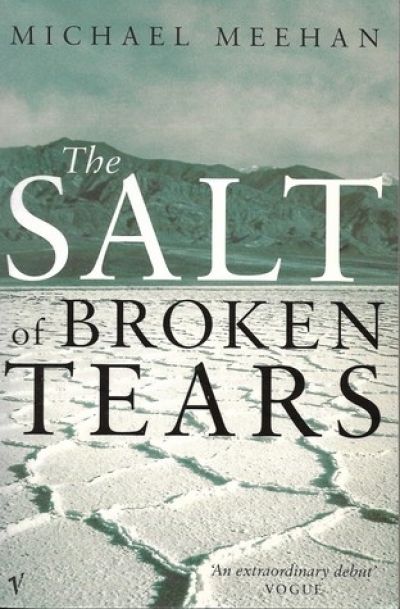Vintage
'Men And Women of Australia!': Our greatest modern speeches edited by Michael Fullilove
by Jonathan Pearlman •
True Pleasures: A memoir of women in Paris by Lucinda Holdforth
by Christina Hill •
These four titles are reissues of well-known texts, or of the work of well-known writers, from four different publishers. A good sign perhaps, very welcome at a time when publishing seems ever more ephemeral and when many works, even from the recent past, are unavailable.
... (read more)The Art of the Engine Driver by Stephen Carroll & Summerland: A Novel by Malcolm Knox
by Geordie Williamson •
Tin Toys by Anson Cameron & Stormy Weather by Michael Meehan
by David Matthews •









